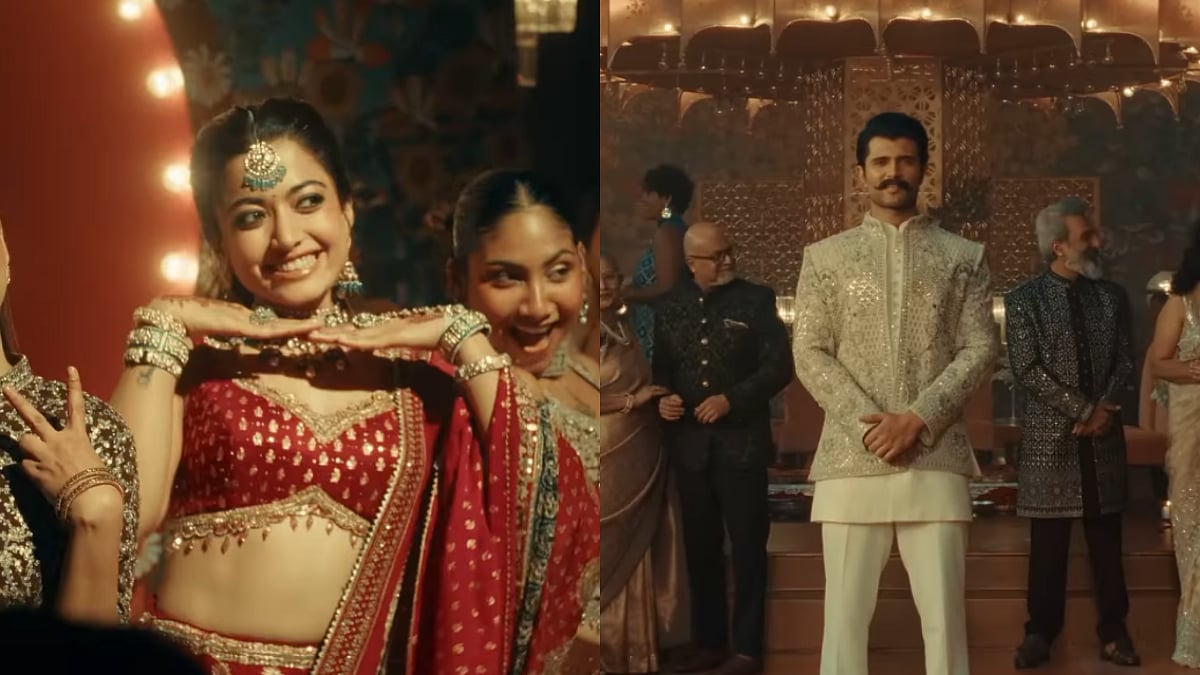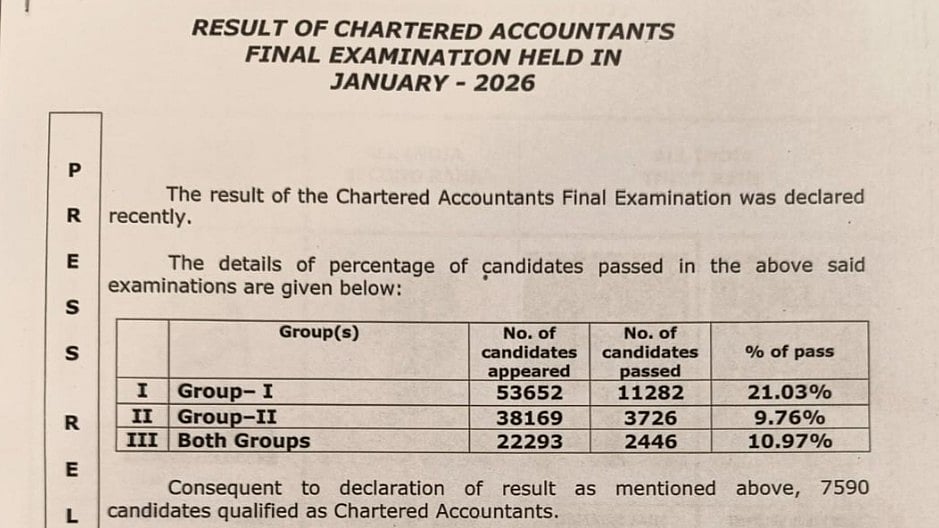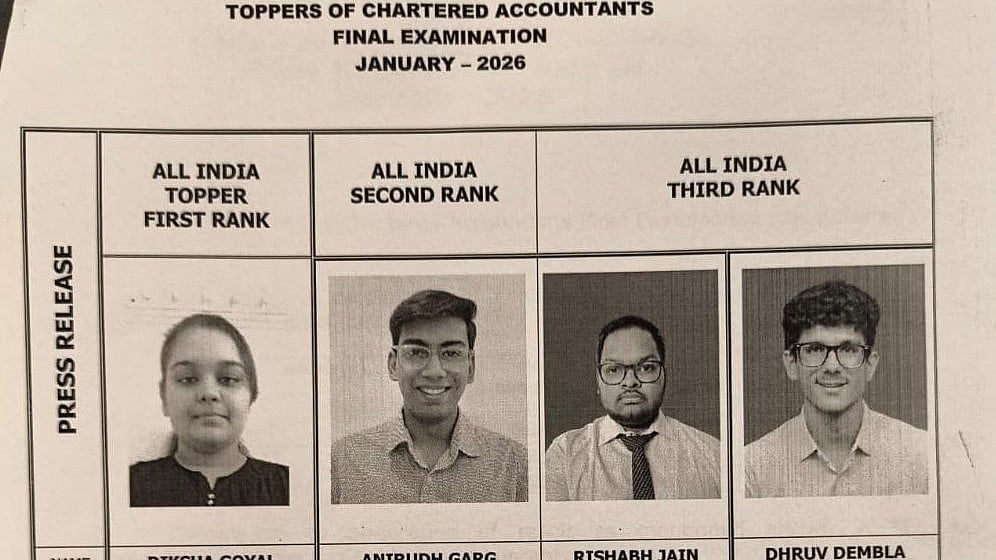Right to peaceful protest is integral to democracy. Public order is the first responsibility of a government. Reconciling the citizens’ right to protest with the government’s duty to maintain order is sometimes a monumental challenge.
The events of the recent past in democratic Britain and semi-authoritarian Bangladesh offer a marked contrast between the process and outcomes. In the UK, the ghastly Southport mass stabbings resulted in death of three children and injuries to eight more children and two adults. The horrific crime led to a series of riots in many cities, fuelled by a massive misinformation campaign in social media. The culprit was a 17-year-old, son of immigrant parents from Rwanda. But fake news spread widely that he was a Muslim immigrant. The prevalent anger against illegal immigration, the rise of Islamist terrorism, and deep-seated resentment against immigrants in a significant section of the population led to violent protests at many places. Racial prejudice, economic insecurities, fear of terrorism, clash of cultures and fake news make an explosive combination.
The situation in the UK was largely contained within days and peace and order were restored. The police force acted with great professionalism, competence and fairness and earned the respect of the people. But police forces alone, while crucial, cannot ensure public order alone. The British public at large rejected racial prejudice. Prime Minister Keith Starmer and his Labour government are perceived to be moderate, centrist politicians who balance competing interests. The government has democratic legitimacy. The Opposition acted with wisdom and supported the government in its efforts to maintain order. The mainstream media acted with a great sense of responsibility and restraint. The police identified and arrested hundreds of rioters and their instigators. The prosecution and justice system are swift and sure; within days some of the culprits are already convicted and sentenced. The system held, notwithstanding predictions of “civil war” by mavericks like Elon Musk, and determined efforts of rabble rousers to throw gasoline into the flames.
Contrast this with Bangladesh events: a student protest against quotas in government jobs for descendants of “freedom fighters” in the liberation movement of 1971 spiralled out control, and led to anarchy, regime change and potential political and economic uncertainty. Whatever could go wrong went wrong in a dysfunctional, semi-authoritarian system.
The quotas introduced in the 1970s went on too long and were increasingly used as a source of patronage to party apparatchiks. The government finally yielded to the demands for reform and abolished most quotas in 2018; but the High Court (a division of the Supreme Court) reinstated the quota system scrapped by the government. The student protests started in response to the June 5 verdict of the High Court. Complex political challenges need deft negotiation and reconciliation between conflicting interests. Courts may sometimes do more harm than good. A similar thing happened in Manipur when the High Court ordered extension of reservations to the Meitei community. The Appellate Division of the Bangladesh Supreme Court quashed the High Court decision on July 21, and reduced all quotas to 7% leaving 93% jobs for open competition based on merit. But by that time a series of missteps of the government and the latent anger against an authoritarian regime and the illegitimacy of the sham elections ensured that the anti-quota protests became anti-regime protests. Within a fortnight, Prime Minister Sheikh Hasina was forced to resign and flee the country.
Sheikh Hasina’s government since 2009 certainly has some creditable achievements — the most notable being rapid economic growth and keeping religious extremists at bay. But the government, which came to office with wide popular support in January 2009, became increasingly authoritarian and lost its legitimacy. Competitive elections are the essence of democracy; but the subsequent elections saw either boycott of the main Opposition party or massive rigging in sham elections. Political freedoms were suppressed and the government cracked down on opposition and critics. Corruption, abuse of power and patronage became institutionalised. Political opponents were jailed without due process. Even highly respected figures like the Grameen Bank Founder and Nobel Laureate Prof Muhammad Yunus were harassed, jailed and prosecuted in scores of trumped-up cases. A government, in the most part, governs by the willing consent of the people. In the absence of willing consent, only extreme forms of brutal repression and bloodshed can sustain a government.
When normal democratic channels of reasoned debate, criticism of government and peaceful protest are permitted to let off the steam, problems do not escalate, and reconciliation and peaceful resolution of issues are possible. In any case, fair elections and peaceful transfer of power are the tools available in a functioning democracy to rejuvenate governments and reinstate willing consent. In the absence of such instruments and institutions, problems become crises, and each crisis can lead to collapse of a regime without real answers to the challenges a society faces. In the best of circumstances, it is increasingly difficult for the government to maintain peace and order in this era of social media, fake news and instant communications. Not too long ago, governments had the monopoly of information and communication. When Indira Gandhi was brutally assassinated, the nation was kept in the dark for a whole 12 hours! Today’s technology makes it impossible for the government to control the spread of misinformation, or to check incitement by anarchists or mavericks.
In these challenging times the perceived legitimacy of a government, willing consent of the people, reasoned debate, elite consensus on broad direction and policy, acceptance of electoral verdicts, and adherence to democratic rules of the game are critical for order, stability and progress. India is fortunate to be blessed with a functioning democracy and a relatively harmonious society. Let us preserve them both.
The author is the founder of Lok Satta movement and Foundation for Democratic Reforms. Email: drjploksatta@gmail.com / Twitter @jp_loksatta







